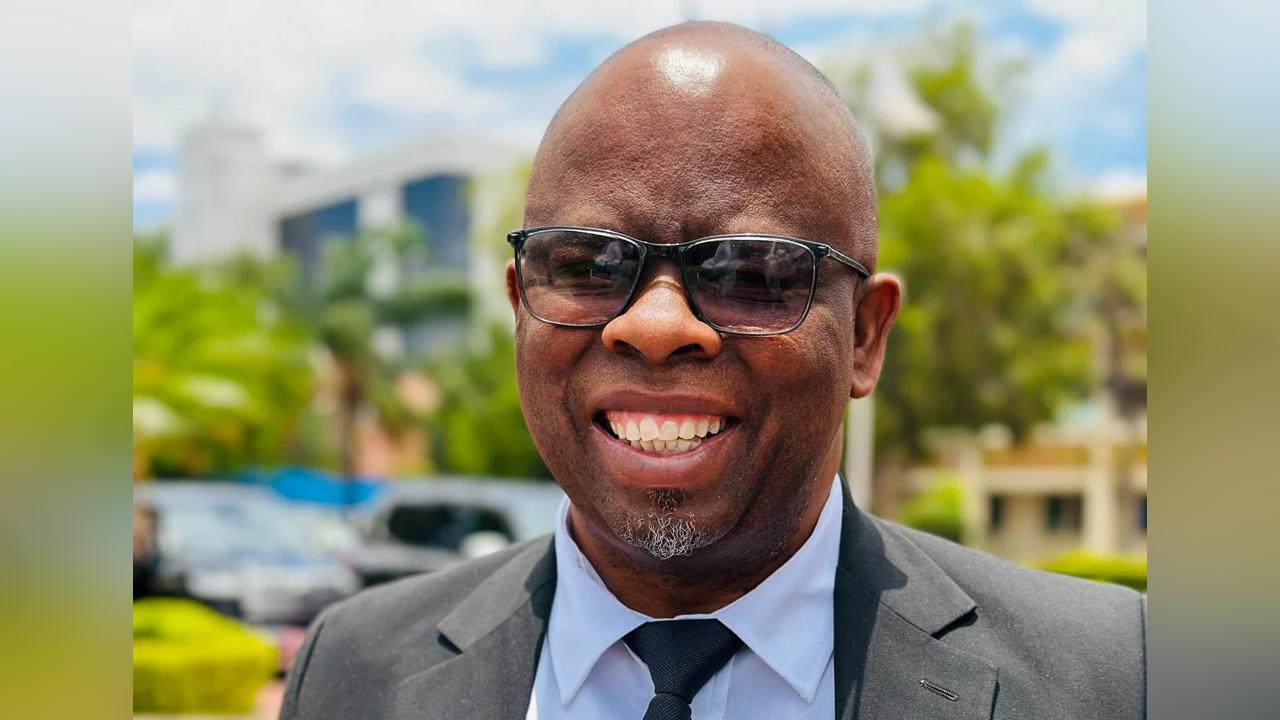Africa-Press – Botswana. Scores of speakers have unanimously advocated for Babirwa to secede from Bangwato and be recognised at the same level with the eight major tribes, including having have their own kgosikgolo or paramount chief.
This was one of the proposals and suggestions placed before the Assistant Minister of Local Government and Traditional Affairs, Mr Ignatius Moswaane during a consultative meeting, Monday, on the review of Bogosi Act of 2008 and Customary Court Act of 2013.
Speakers who were mostly dikgosi from villages under Bobirwa argued that Babirwa were a distinct, culturally independent and unique tribe that should self-determine and conduct own affairs, led by own kgosikgolo, without seeking sanctions and or permission from Serowe as it currently obtains.
Amongst their call is that the new bogosi structure should have a kgosikgolo at the top, deputised by mothusa kgosikgolo who will be assisted by kgosi one and two.
Below them, they proposed kgosi ya tetanyo (headman of arbitration.)
Dikgosi also called for cessation of the names kgosana and moemela kgosi (senior chief representative), a position that is currently held by Kgosi Joel Masilo who represents Babirwa at Ntlo Ya Dikgosi. They found the names demeaning.
Additionally, they proposed that the Act recognise the paramount chief as kgosikgolo, a noun that only exists verbally.
Speaking during the meeting, Kgosi Letso Malema of Molalatau, who also advocated for Babirwa to have their kgosikgolo amongst other things, called for the repealing of Section 6 of the Bogosi Act saying only Section 22 should suffice in the appointment of kgosi in case of a vacancy.
Section 6 states that, “Where there is a vacancy in the bogosi of a tribe, either by reason of death, deposition, abdication or retirement, it shall be the duty of the assembled in the kgotla under the chairmanship of the senior member of the tribe to designate the rightful successor to the bogosi according to customary law or according to the established norm and practice of that tribe.”
Like others who spoke, Kgosi Malema argued that the section should be scrapped off and a royal house be recognised.
Such a recognition, he said, would aid with the successor of the tribe’s bogosi instead of having elections at the kgotla.
“The royal house should be recognised and be enshrined in the Bogosi Act to avoid fights and wrangling in the event of vacancies,” Kgosi Malema proposed.
He also embraced the suggestion of Bogosi Tribunal saying the development would help settle Bogosi issues before they could be referred to higher courts of law.
Speaking on behalf of dikgosi in Bobonong, Kgosi Gaseitsiwe Marumo of kgotla ya Mogapi, said without a kgosikgolo, Babirwa were without dignity and therefore strongly recommended that the tribe be recognised at the same level with the eight major tribes recognised by the Constitution as such.
Although recognising the norm and cultural practices considered in filling up a bogosi vacancy and also welcoming a Bogosi Tribunal idea, Kgosi Marumo proposed for a law governing designation and or appointment of dikgosi.
Kgosi Mooketsi Gabana called for the abolishment of the term minority tribes and proposed that all tribes be recognised at the same level.
He suggested that all the tribes have their kgosikgolo, a move he said would put a stop to voting for a senior chief representative to represent their regions at Ntlo Ya Dikgosi.
Kgosi Gabana also pointed out that at regions led by senior chief representatives that had full councils, it was quite awkward to have a kgosi submitting to the Council Secretary, Land board secretary and the District Commissioner who, by the virtue of their remunerations rank above him.
When welcoming participants to the meeting, Kgosi Masilo said the current system of governance poured scorn on the traditional leadership. He said dikgosi were pegged at director’s level and therefore dwindling their significance and role in decision-making.
For More News And Analysis About Botswana Follow Africa-Press






